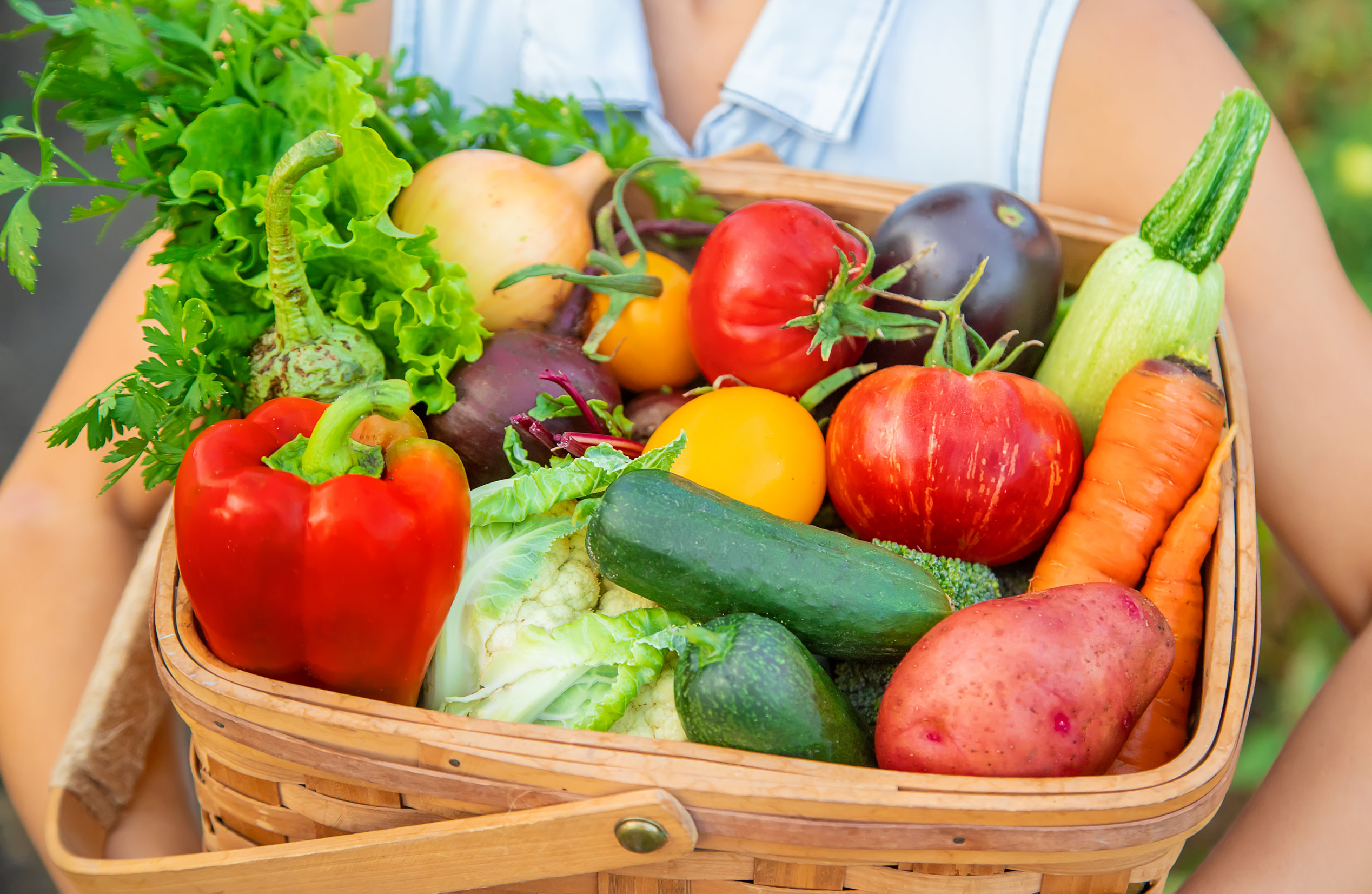”Question: As the summer comes to an end, should I change my diet with the change in season?
Reading time: 2 Minutes
MWi Hack:
- Learn how to change your diet as the seasons change
MWi Summary:
- Fruits and vegetables lose nutrients the farther they have to travel. This means it is best to eat seasonally.
- Eating seasonally also is cheaper because in-supply produce is less expensive to harvest and transport. It also supports local farmers.
- Consuming fruits and vegetables that are in season is more environmentally friendly.
- Eating seasonally helps you expand your variety of food choices.
As the weather gets cooler, we brace for change. We wear warmer clothing, crank up the heating and opt for more comforting food. But despite all this change, we often get stuck in the same eating rut. Here’s why you might want to rethink your eating habits.
1. Eat seasonally
If your food has journeyed from afar to your plate, you’ll be missing out on much-needed nutrients (not to mention flavor). In order to stop fruit, veggies, and meat from rotting in transit, the product is either picked prematurely or injected with artificial preserving agents. A review in the Journal of Science of Food and Agriculture revealed that food nutrition drops significantly in the days following harvesting. For example, spinach loses 75% percent of its vitamin C when stored for seven days; and carrots lose 10%. On top of this, fruit and veggies undergo refrigeration during transportation, followed by artificial ripening through a ‘hot house’ – both of which quash their delicious flavor.
2. Budget-friendly
Healthy eating is often thought to pinch your budget. But eating seasonally is actually cheaper. This is because in-supply food costs farmers less to harvest; and transportation companies less to distribute. Therefore, this is reflected in the consumer cost. Check out this guide to what’s in season this Autumn/Winter.
3. Seasonal is sustainable
Eating with the season helps to promote a more resilient, sustainable food system. This is because transporting food over large distances requires a lot of energy, which produces harmful greenhouse gases. Then there’s the extra refrigeration, packaging, and storing of unseasonal produce that leaves a greater environmental footprint.
4. Harvest time is the right time
Nature seems to know what our bodies need. In autumn, antioxidant-rich strawberries are at their peak, and citrus fruits like oranges, mandarins, blood oranges, and lemons come alive in Winter – providing immune-boosting vitamin C to help us ward off colds and flu. Come spring and summer, tropical fruits like melons, nectarines, and peaches ripen. These are full of beta-carotene and carotenoids, which help to protect against sun damage. So follow what’s in season, and you’ll get the essential nutrients all year long.
5. Seasonal supports local
Choosing peak-season produce is a simple way to support local Aussie farmers. Plus, there’s no guarantee that mainstream supermarkets haven’t kept food in storage until it’s ready to be sold. So, consider swapping your big grocer for your local farmers’ market, and you’re certain to get the best in fresh, organic, sustainable food.
6. Fresh is a food exploration
Eating with the season is a sure way to broaden the variety of foods in your diet. Allow yourself to be exposed to new flavors, and with it, you’ll adopt a healthier, more well-rounded diet.
What’s your favorite seasonal fruit or veg?
MWi would like to thank Kathleen Alleaume for sharing her expert insights with our community. Read the original article:
https://therightbalance.com.au/seasons-change-and-so-should-your-diet/






